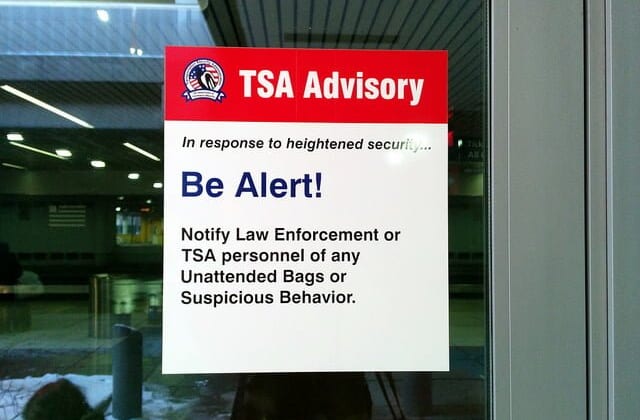
In one of the participant groups, the researchers induced stress by telling participants they might receive unpredictable shocks during the trials.
While the researchers found that participants who experienced stress performed comparably to those who did not when searching for a single object, the stressed participants were much more likely to miss a second object.
Missing a second target is a well-known issue called “satisfaction of search,” according to researchers, and it’s believed to account for about 40 percent of radiology misses. A person finds the first object and then simply fails to see the second one, even though they’re still looking.
Anxiety heightened the satisfaction-of-search problem, a finding which has important implications for the way TSA officials should be trained and tested, the researchers said.
Lead researcher Stephen Mitroff, an assistant professor of psychology and neuroscience who at Duke University is currently collaborating with the Transportation Security Agency at RDU airport and radiologists at Duke.
